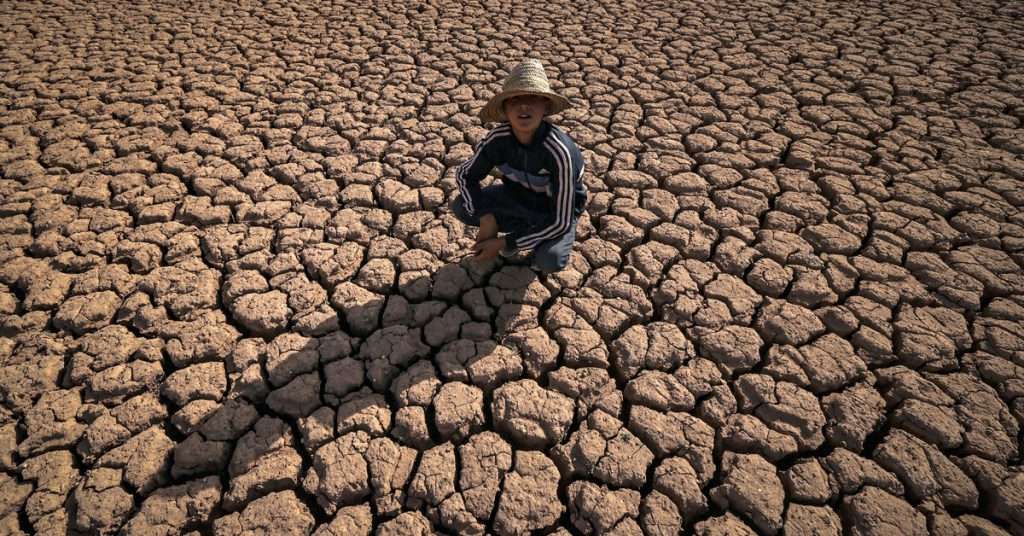The land dries up in Morocco, environmental experts say

A recent climate crisis in Morocco has been cause for concern for a number of environmental experts, the country’s ongoing struggle with drought could have seriously damaging implications, Lakome reported on July 18th.
Morocco’s summers have been getting hotter at a concerning rate, with temperatures this year allegedly increasing by 10 degrees Celsius in comparison to seasonal averages. Drought and water shortages have come as a result.
Environmental expert, Jamal Aqshbab, said: “The Kingdom is experiencing an unprecedented heatwave this summer, even affecting the northern regions, which usually have a moderate a moderate climate.”
The causes are linked to global warming, alongside dry desert winds coming from the east and south. The drought has also hurt forest areas and vegetation, further exacerbating the issue.
Aqshbab spoke in detail on the matter: “Among the causes of the phenomenon is the heat dome, which is the presence of a strong high-pressure system that prevents hot air from rising and traps it near the Earth’s surface, causing accumulation.”
The drought is a serious threat to Morocco’s economy, especially the agricultural sector, which, according to Maghrebi.org, has seen livestock numbers plummet by 38% since 2016, causing them to subsidise the loss through imports. This is especially of concern as the industry is the backbone of Morocco’s gross domestic product, providing wages for 40% of the country’s labour force.
The issue has also damaged the integrity of Morocco’s water infrastructure, with dams, rivers, and lakes all experiencing increased evaporation, resulting in an ever-growing water shortage in the country, affecting several regions.
Head of the General Directorate of Meteorology, Mohamed Dakhissi, noted the decreasing rainfall as an alarming issue, with a 24.8% deficit last year.
Morocco has attempted to alleviate the water shortage crisis, investing over $700 million in major water diversion projects in the country’s most densely populated areas. Alongside new dams and water desalination operations, the government allegedly aims to secure potable water for 50% of the population despite the climate conditions.
Despite this, the experts call for more action in the fight against drought, such as an increase in water-efficient agriculture, more dams in areas lacking them, and further water reserves.
Lakome, Maghrebi.org
Want to chase the pulse of North Africa?
Subscribe to receive our FREE weekly PDF magazine













